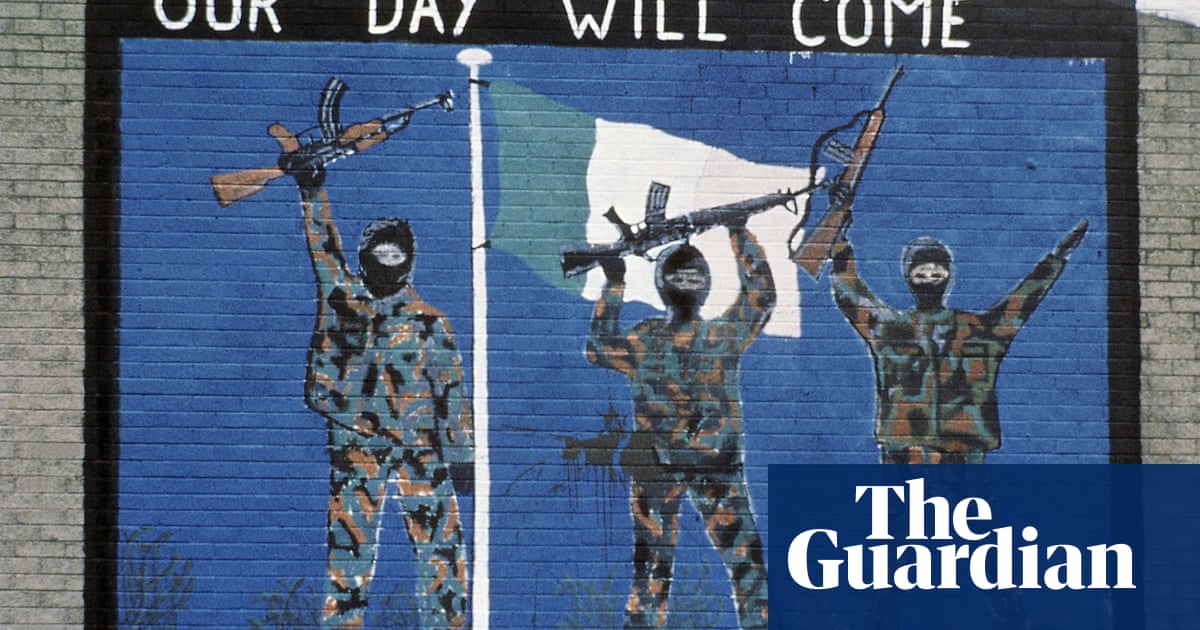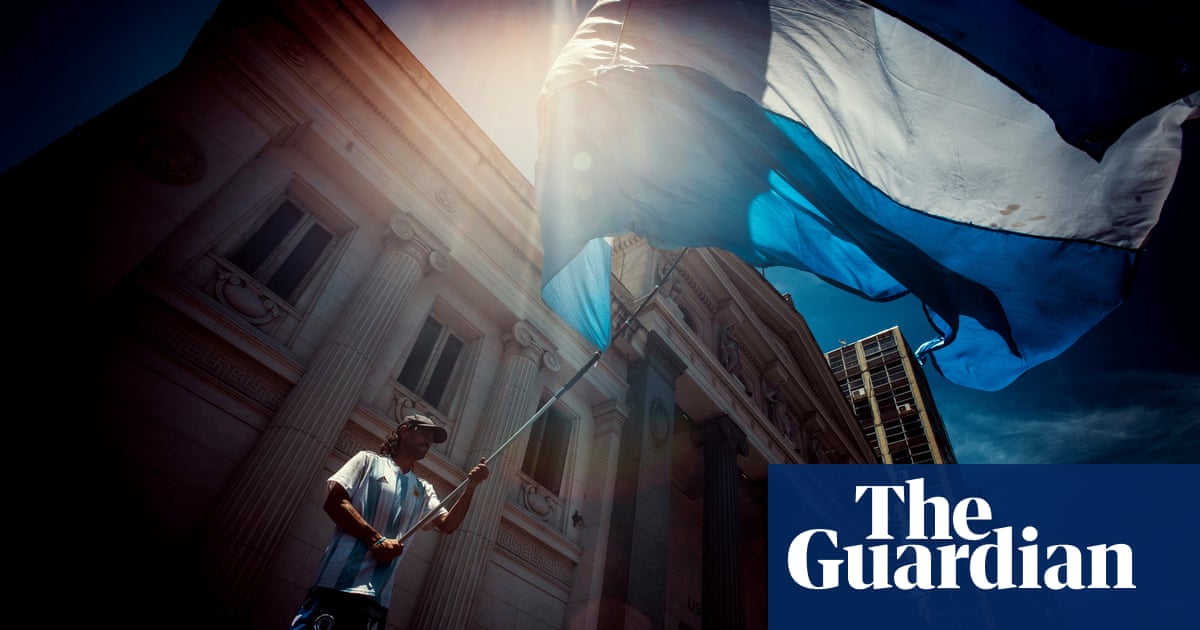
The Football Association has sought, and believes it has assurances, that LGBT+ couples who hold hands in Qatar during the World Cup will not face prosecution.
The FA has also been told that supporters with rainbow flags will not be arrested – as long as supporters do not “disrespect” the local culture and norms by draping them over mosques.
Qatar’s laws, which criminalise same-sex relationships, have raised considerable concern among LGBT+ fans who fear for their safety at the finals this winter.
Although those laws will stay in place during the tournament, the FA chief executive, Mark Bullingham, said he had been encouraged by talks with the Qataris – as well as the introduction of an “enabling law” for the World Cup, under which minor offences will not prosecuted.
On a day when it was announced that the England captain, Harry Kane, will wear an anti-discrimination armband in Qatar as part of the FA’s plans to highlight human rights, Bullingham was asked what would happen if any England LGBT+ fans were arrested for holding hands at the finals tournament.
“We absolutely have been asking those questions of the Qatari authorities over the last six months,” Bullingham replied. “But the laws you’re referring to actually get suspended for a period of time before the World Cup, so the actions you are referring to aren’t illegal.”
Bullingham also appeared to broadly praise the Qatari authorities for listening to the FA’s concerns over LGBT+ issues, saying: “They’ve absolutely told us all the right answers for anything we’ve talked about, even down to ‘are our rainbow flags allowed’?
“Yes, absolutely, as long as someone doesn’t go and drape them on the outside of a mosque – that was one example we were given – and were disrespectful in that way. They have absolutely been briefed to be very tolerant and act in the right way.”
Despite Bullingham’s upbeat tone it remains highly unclear where the bar for a “minor offence” will be set – whether that is kissing in public or even holding hands. Sources close to the Qatar authorities continue to maintain that fans will still have to respect the local culture, where public displays of affection are frowned upon, and have been opaque in confirming where the line will be drawn.
Bullingham also conceded he had met the Three Lions Pride supporters group, which advocates for England’s LGBT+ fans, and some were still worried about travelling to Qatar.
“We understand their concerns,” Bullingham said. “We met with them and I understand quite a few of them won’t be going out.
“The message we have had from Qatar overall is that everyone is welcome and those communities are absolutely welcome. Where they have been a bit frustrated is that they have asked several follow-up questions and not got the answers.
“I think a few of them feel they have timed out in terms of getting the information they need to know they are safe on the ground,” he said. “We have asked the question in lots of meetings with the security teams on the ground and they all give the right answers, but there is certainly more information needed.”
The FA is also calling for Fifa and the World Cup organisers to ensure families of migrant workers who have lost their lives or have been injured in construction projects receive compensation.
Less than two months before the tournament starts, the issue of human rights in Qatar remains an ongoing concern. The Guardian has highlighted how workers employed on World Cup-related projects are earning a basic wage of 1,000 riyals (£225) a month, the equivalent of about £1 an hour.
Amnesty has also called on Fifa to set aside at least $440m for the hundreds of thousands of migrant workers in Qatar who have suffered human rights abuses during preparations for the World Cup – the same as the prize money due to be handed out at the competition.












